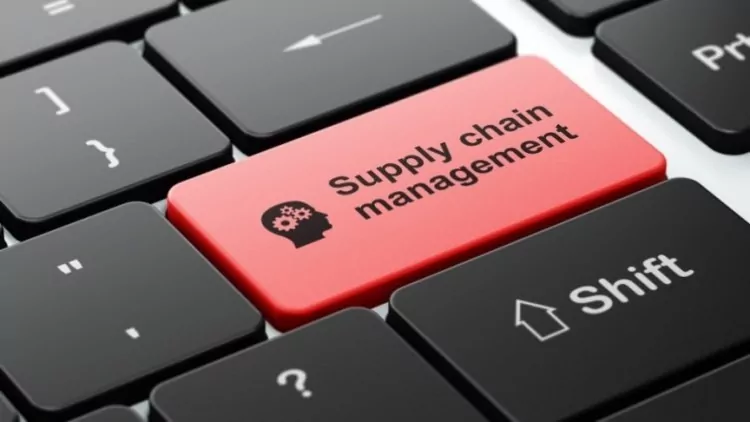Commercializing a product in the European Union or United Kingdom requires deep understanding of the peculiarities and complexities of the markets. One notable challenge when launching a medicinal product in the EU and UK is managing the wholesaling and distribution regulations, which require specific licensing that is standardized across EU member states and the UK.
To market their products, companies must have a licensed chain, including authorizations for importation, batch release, and distribution[1] , [2], [3].
These complexities are further compounded when the wholesaling is managed by a virtual company, meaning there is no physical handling of the medicinal product by the company. It is therefore paramount that virtual companies have proper oversight of their outsourced wholesale and distribution activities across the entire supply chain.
Planning the virtual journey
Virtual companies will require the expertise of trusted partners to support their wholesale operations. Early selection of these partners is, therefore, key. Trusted partners can help the company to navigate the regulatory frameworks in the EU and UK and to map the supply chain from the point of entry to launch in target markets.
To successfully navigate the wholesale journey, virtual companies should carry out thorough due diligence and qualification assessments of their outsourced service providers, such as third-party logistics, storage and transport of the finished product, and sales order processing.
They will require a partner with a physical presence and wholesale distribution authorization (WDA) in the markets they are looking to access to support license applications and inspection by regulatory authorities.
Country-specific resources will also be needed to support recalls, shortage notifications, and complaints. A robust quality management system (QMS) will be vital to support virtual supply chain activities. Appropriately qualified and experienced Responsible Persons (RPs) and, in the UK, Responsible Persons for Import (RPis) are required to support the WDA and to ensure the QMS meets regulatory 1,[4],[5].
Understanding the issues
The consequences for virtual companies that don’t plan thoroughly or early enough, or that select partners without adequate experience and expertise can be dire.
In one example, we supported a virtual wholesaler in the reassessment of their supply chain. Initially the virtual wholesaler had approved a third-party service provider for storage and distribution by performing a virtual desktop audit using remote assessments and review of documents only. Unfortunately, during the reassessment with a physical onsite audit of the storage and distribution site two years later, the wholesaler faced several critical findings. These included:
- Lack of robust access control to the warehouse
- Medicinal products stored in an unmapped and uncontrolled warehouse
- No cleaning program in place at the warehouse
- Transfer of the product by hand to an unlicensed warehouse for dispatch, with no way to determine whether the product had been received, stored, packed or shipped in a controlled manner
- Roadside vehicle changes during transit without notifying the virtual wholesaler
- Lack of a robust quality system and a huge volume of overdue deviations, change controls, corrective and preventive actions (CAPAs), self-inspections, and supplier audits not performed
- Lack of a trained and experienced RP/RPi
- RP delegating tasks and responsibilities to untrained warehouse personnel
The importance of due diligence
Successful virtual wholesaling in the EU and UK hinges on meticulous planning and the careful selection of reliable partners. Virtual companies must adhere to stringent regulatory requirements by establishing a licensed supply chain and maintaining oversight of outsourced distribution activities. Conducting thorough due diligence and selecting experienced service providers are crucial steps to managing risk and enhancing operational efficiency.
Companies that fail to prioritize oversight and due diligence may face severe repercussions, including regulatory audits, product recalls and reputational damage. By focusing on effective oversight and quality management, virtual wholesalers can successfully navigate the complexities of the market, protecting the integrity of their products and maintaining trust with regulators and consumers alike.
About the author:
Regina Dawkins is a Senior Director at PharmaLex. With over 30 years in the pharmaceutical industry, working across the UK and Ireland, Regina has a wealth of experience and knowledge in the fields of API’s, manufacturing (commercial and development across various product forms), storage, distribution and transportation. She possesses excellent knowledge of outsourced and global supply chains and can support solution driven technical consultancy on commercialization readiness for clients entering a new market (EU/US/Australia) for the first time. Regina has also been listed as a Responsible Person on Wholesale Distribution Authorizations in both the UK and Ireland and a Responsible Person for Import (RPi) in the UK.
[1] Information from European Union institutions, bodies, offices and agencies, European Commission, Nov 2013. Guidelines of 5 November 2013 on Good Distribution Practice of medicinal products for human useText with EEA relevance
[2] EU Guidelines for Good Manufacturing Practice for Medicinal Products for Human and Veterinary Use, Eudralex, Oct 2015. Final version sent to EC
[3] The Rules Governing Medicinal Products in the European Union Volume 4 EU Guidelines for Good Manufacturing Practice for Medicinal Products for Human and Veterinary Use, European Commission. e2ddfe65-7b4e-4765-b71b-4681772d2949_en
[4] European Shortages Monitoring Platform (ESMP), EMA. European Shortages Monitoring Platform (ESMP) | European Medicines Agency (EMA)
[5] DHSC Reporting Requirements for Medicines Shortages and Discontinuations, Department of Health & Social Care, April 2021. DHSC Reporting Requirements for Medicines Shortages and Discontinuations









